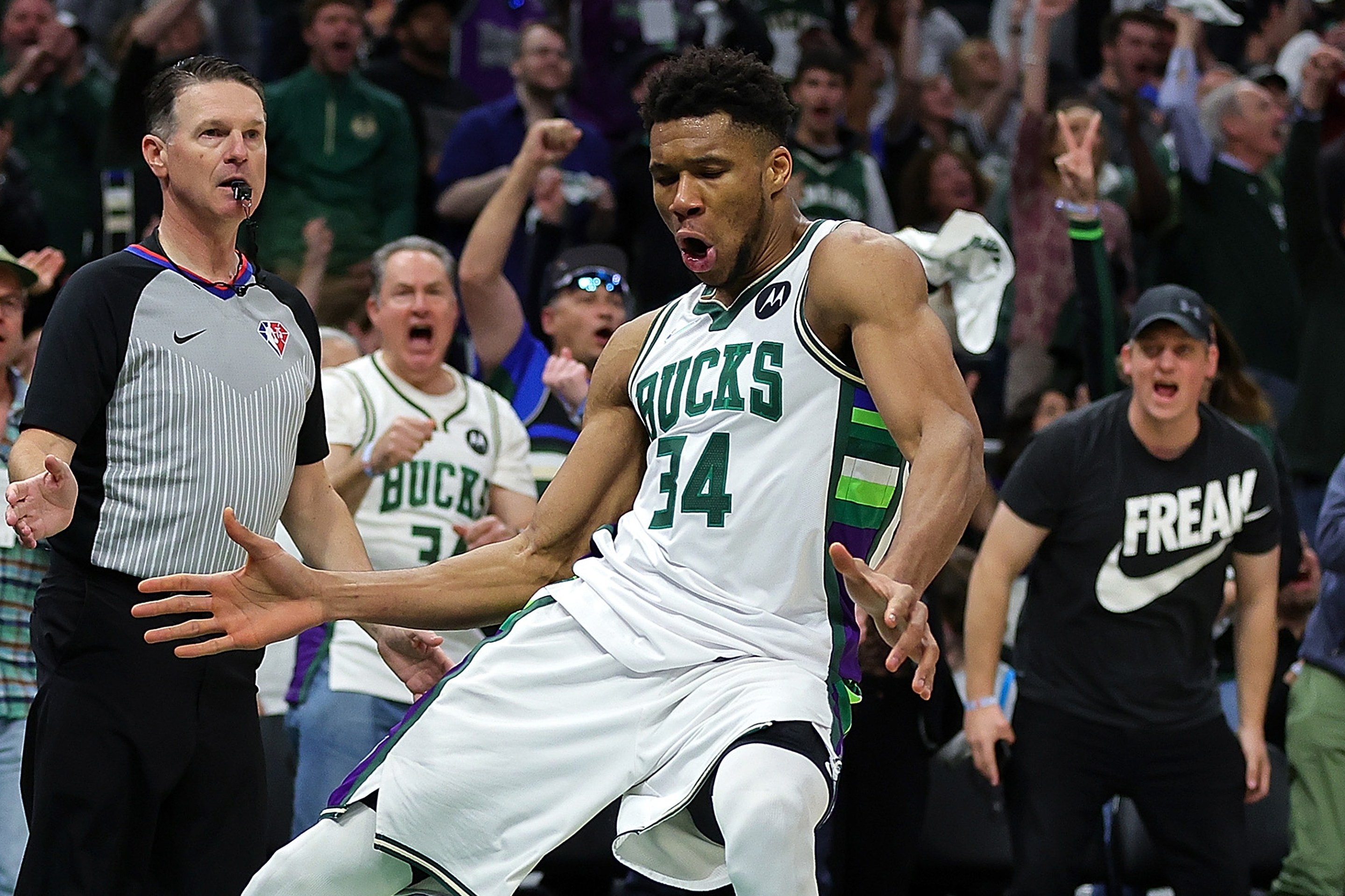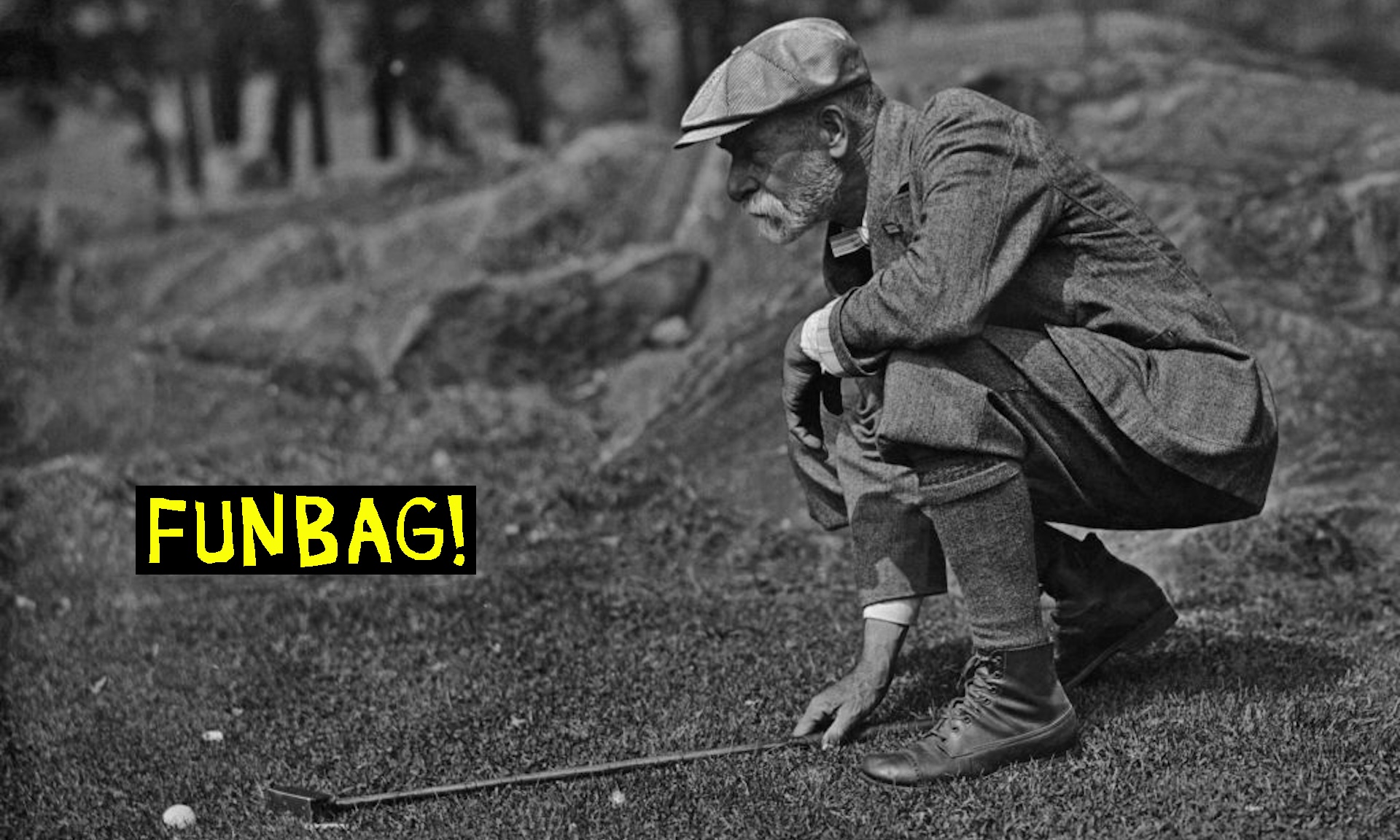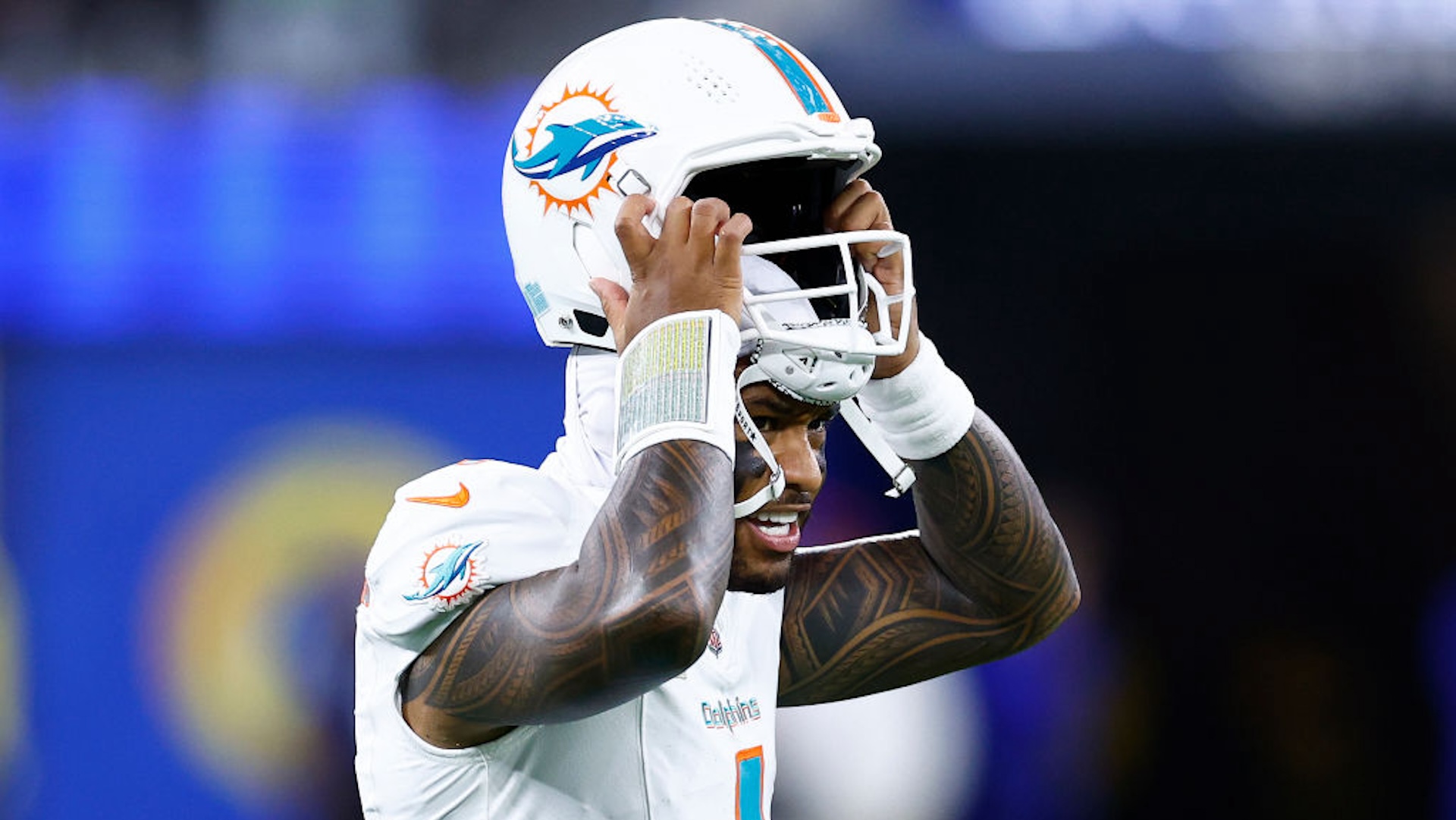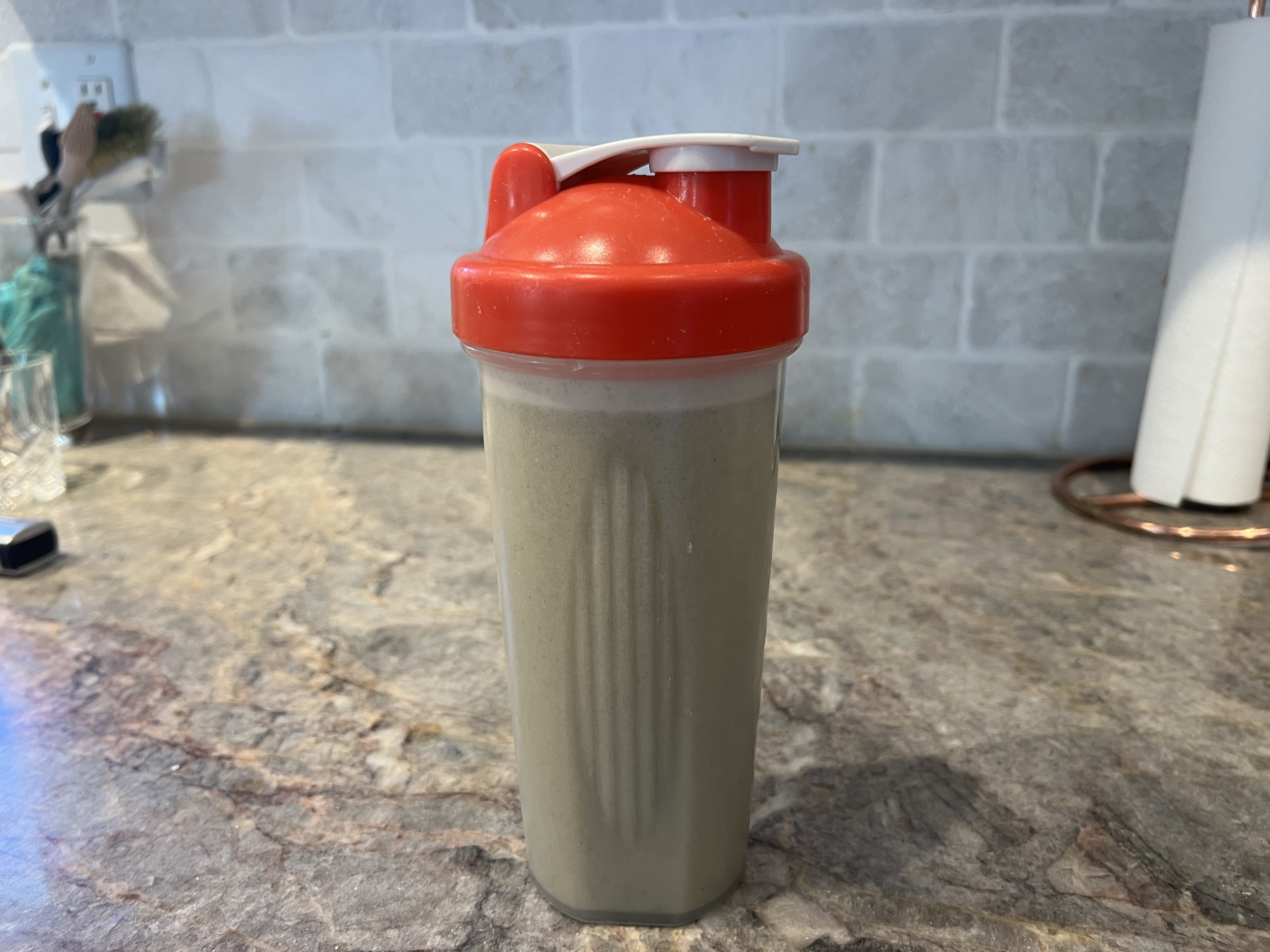It's remarkable that the Boston Celtics found themselves in a position where one of a couple very good tip-in attempts at the buzzer could've sent Game 3 to overtime. The Celtics were ice cold from the floor for three quarters on Saturday night—they made eight total shots in the first quarter, and seven total shots in the second quarter, and then six total shots in the third quarter—and there they were, on the road, with the final seconds ticking away in regulation, and with several perfectly respectable opportunities to extend the game and capitalize on a massive shift in momentum. Part of this is simply that playoff basketball is famously a game of runs, and some shots that the Celtics had missed earlier in the game simply fell later on. But the larger part of this is that the Celtics are good as hell and are built to wear down opponents with execution and relentless activity.
It's actually a federal crime to say too many nice things about the Boston Celtics, but I will risk imprisonment to admit that it was impossible to watch them surge back in the fourth quarter Saturday and not admire how determinedly they'd stuck to all the try-hard stuff that requires commitment and faith in one's teammates, even while falling behind by double-digits. It was precisely because they never sagged into a posture of defeat or devolved into hero-ball or otherwise sought individually to distance themselves from the scoreboard that their efforts began to wear down a Bucks team playing the exact opposite brand of basketball. Despite getting next to nothing from Jayson Tatum on Saturday night—10 points on 19 shots in 41 minutes, by a good margin the least efficient playoff game of his career—and despite falling behind by double digits in the second half, the Celtics just continued running sharp offense, attacking closeouts, swinging the ball around the perimeter, and playing with purpose and conviction. They never seem to tire or to become demoralized these days, which I will admit is an unwelcome turn of events for someone who looks forward each season to the day when another promising Celtics team succumbs to its own worst tendencies and peters out.
But as inspiring as it was to see Boston's tortoise-like persistence start to pay dividends, it was even more satisfying to see Giannis Antetokounmpo scan the terrain, size up a plucky Boston defender, and throw together a superhero sequence to keep the Celtics at arm's length. The contrast of styles has already produced plenty of drama, and there's something particularly fun about the Celtics executing at dizzying levels of near-perfection and then getting dunked to hell by perhaps the heaviest, bluntest instrument left in the playoffs.
Spin it. 🔥 pic.twitter.com/fyS1XDHSVN
— Milwaukee Bucks (@Bucks) May 7, 2022
If anything, it was the Bucks, the winners of Game 3, who seemed to come closer to throwing in the towel. Operating without Khris Middleton, who hasn't played since Game 2 of Milwaukee's first-round series, the Bucks basically abstained altogether from running what you or I might consider a "team" offense. Just four times in franchise history has a Bucks player not named Kareem Abdul-Jabbar attempted 30 or more shots in a playoff game, and two of those instances came Saturday night: Antetokounmpo and Jrue Holiday combined for 60 shot attempts, 16 of Milwaukee's 34 three-point attempts, and 12 of the team's 17 free-throw attempts, and between the two of them used 70 percent of Milwaukee's offensive possessions. That workload—plus their share of the grueling work of frustrating Boston's constant passing and screening and cutting—meant that, by the midpoint of the fourth quarter, Milwaukee's two main guys were visibly exhausted.
It was right about the time that Antetokounmpo and Holiday gave up on defensive rotations that Boston's methodical attack accelerated into high gear. The Celtics suddenly found themselves with time and space for cleaner looks, and in the fourth quarter they put up 34 points on 22 shots, made it to the line for 11 freebies, and in general took control of the game. Boston never quite made it over the hump, in large part because they could never quite manage to keep the boulder that is Antetokounmpo from rolling downhill. The pattern of this, in the fourth quarter, was fun. The Celtics pounced on sloppy transition defense and closed to within four points on a Jaylen Brown and-one, and Giannis responded with a big dunk out of an isolation. Two assisted Al Horford buckets and a Marcus Smart free-throw closed the margin to a single point, and then Giannis smashed Brown into the paint and dropped in a jump hook directly over his head. Boston finally grabbed the lead inside the game's final two minutes, and then Giannis raced right around Grant Williams for an incredible finger-roll finish. The Celtics executed admirably all the way to the final buzzer, and Giannis just periodically lifted them by the scruff of the neck and deposited them in a nearby wastebasket.
Giannis went to the rim RELENTLESSLY en route to his massive Game 3.
— NBA (@NBA) May 7, 2022
42 PTS | 12 REB | 8 AST
The @Bucks take a 2-1 series lead pic.twitter.com/vr5yVWqMbJ
That the Bucks were able to make this dynamic work in Game 3 by no means guarantees that it'll continue to work across the rest of this series. Had a few decent looks fallen for the Celtics earlier in the game, this matchup would have a very different shape today. There's a good chance the exhaustion that helped unzip Milwaukee's defense down the stretch Saturday night will become more pronounced as the series continues, and anyway I would not bet on any team to win a game against these Celtics while giving 30 shots to their third- or fourth-best player. But that's been a fun thing about the Bucks in the Giannis era, including during their 2021 title run: They can seem like the least functional team in the playoffs for whole games at a time, and then you look up and they've banked another win or another series. Just as soon as you are ready to proclaim their fraudulence, Giannis seems to grow in size by 25 percent and suddenly makes a lot of nuances seem hilariously unimportant. The Celtics are intricate machinery whirring with incredible precision, but it remains to be seen whether that sophistication is much more valuable than a good hammer.





